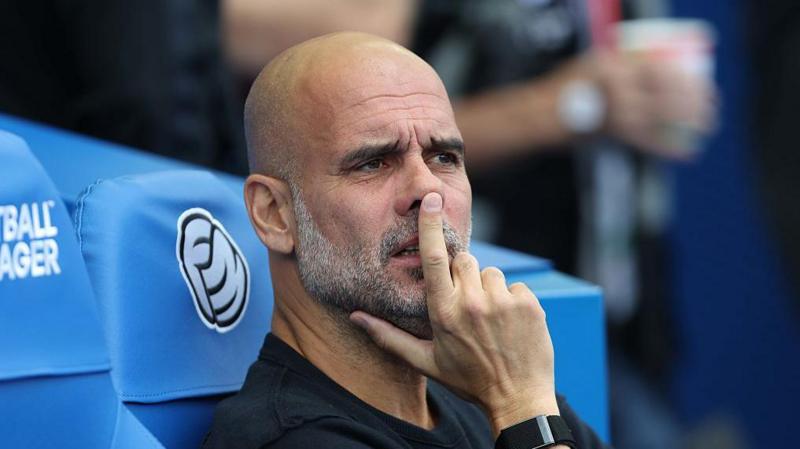Rodri Returns: Unraveling the Drama at Manchester City!



The Premier League, famed for its unpredictability and intense competition, has witnessed a multitude of memorable comebacks and dramatic twists over its seasons. Yet, there stands a particularly fascinating statistic that epitomizes just how challenging the league can be: only one team has ever lost two of their first three games in a season and still managed to clinch the title by the end.
This remarkable feat was accomplished by Manchester United during the 1992-1993 season, which was notably the inaugural Premier League campaign. This season not only marked a new era in English football but also set the stage for one of the most surprising turnarounds in football history. Manchester United, managed by Sir Alex Ferguson, lost their opening league match against Sheffield United and suffered another defeat in their third game against Everton.
Despite these early setbacks, Ferguson's team did not lose hope or cohesion. Instead, they demonstrated tremendous resilience and began amassing wins, slowly climbing up the table. Their turnaround was bolstered by the signing of Eric Cantona from Leeds United in November of that year. Cantona's arrival added a new creative spark to United's lineup, and his impact was immediate and profound.
The signing galvanized the team, and United began to display the qualities of champions. They combined a solid defense with a dynamic attack, managing to conclude the season with a 10-point lead over their closest rivals, Aston Villa. This achievement was particularly significant given that it was Manchester United’s first league title since 1967, ending a 26-year drought and marking the beginning of a golden era under Ferguson's guidance.
The story of the 1992-1993 season serves as a testament to the unpredictability of football, particularly in a competition as demanding as the Premier League. It also underscores the importance of leadership, both on and off the pitch. Ferguson’s managerial acumen, particularly his mid-season tactical adjustments and the crucial signing of Cantona, were pivotal in turning the team's fortunes around.
Moreover, this instance illuminates the psychological aspects of sports, where the ability to recover from a poor start can galvanize a team, building momentum that becomes difficult to halt. It emphasizes the proverbial truth that the league marathon is not won in August but requires consistent performances and resilience until the very end.
Since then, many teams have found themselves in a similar early-season predicament, but turning such a poor start into a title victory remains a rare achievement. It sets a precedent and leaves an inspirational tale for teams finding themselves struggling out of the starting blocks. The lesson is clear: in the Premier League, early setbacks do not necessarily spell doom for a club's championship aspirations.
This narrative becomes especially relevant each season as teams that falter initially face media scrutiny and fan pressure. The story of Manchester United’s 1992-1993 season often resurfaces, offering a glimmer of hope and a reminder of the importance of persistence and strategic thinking.
As current Premier League teams compete in one of the most challenging sports leagues in the world, they look towards Manchester United’s turnaround as both a blueprint and a beacon of hope. Managers, players, and fans alike draw on this historical precedent to fuel their ambitions and strategies across the tumultuous arc of the Premier League season. It’s a pearl of Premier League history that continues to inspire and resonate, proving that in the realm of football, the game is never over until it’s over.